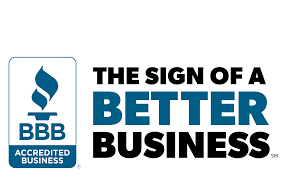
How to Get More Out of Your Community Board Meetings
October 11, 2021


Q.As someone who lives in a community association, how do I stay involved in what decisions are made regarding the place that I live? I went to a board meeting recently, but I wasn’t sure my concerns were taken seriously, and there’s been no follow-up since.
I’m glad you are attending your community board meetings — keep going! Residents are encouraged to attend and observe community association board meetings. It sounds like you want to bring an issue to your community association governing board’s attention — in that case, you’re welcome to speak during the homeowner forum.
So that everyone who attends has an opportunity for a meaningful exchange with the board, typically residents are asked to observe the following guidelines:

- Act professionally. Although you’re all neighbors, this is a corporate business meeting.
- Sign in. If you’d like to address the board, please sign in when you arrive. You will be called in the order you entered. This allows the board to contact you if further information is needed and to report back to you with an answer.
- Be productive. The homeowner forum is an exchange of ideas, not a gripe session. If you’re bringing a problem to the board’s attention, share your ideas for a solution too.
- Leave emotions aside. Try to keep the meeting businesslike and outcomes-driven. Consider speaking later, speaking privately with a board member, or putting your concerns in writing and emailing them to the board if you think you’re too upset to follow this advice.
- Take your turn. Only one person may speak at a time. Please respect others’ opinions by remaining silent when someone else has the floor.
- Keep it brief. Each person will be allowed to speak no more than five minutes. Please respect the volunteers’ time by limiting your remarks. If you need more than five minutes, put your comments in writing. Include background information, causes, circumstances, desired solutions, and other considerations you believe are important. The board will make your written summary an agenda item at the next meeting.
- Be patient. The board may not be able to solve your concerns on the spot, and it’s not a good practice to argue or debate an issue with you during the homeowner forum. The board usually needs to discuss and vote on the issue first. But every good board should answer you before — or at — the next board meeting.





